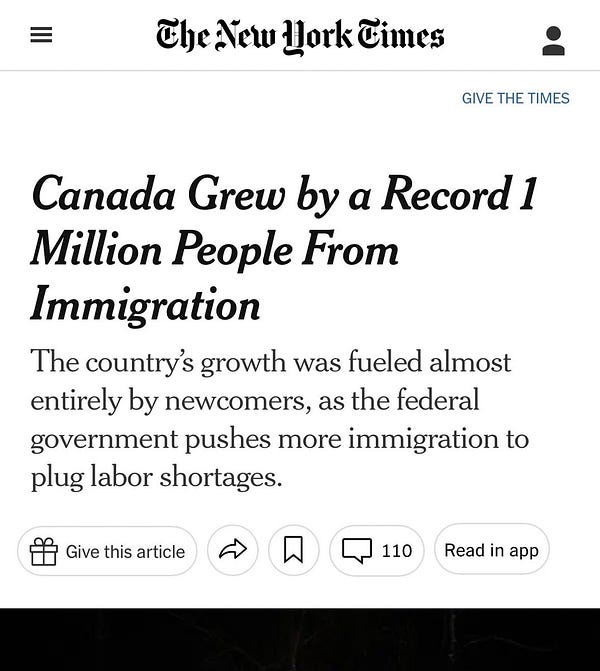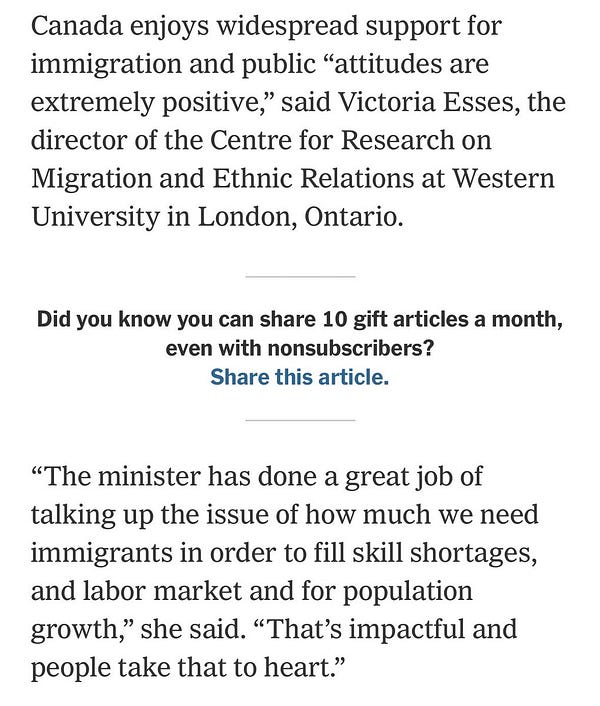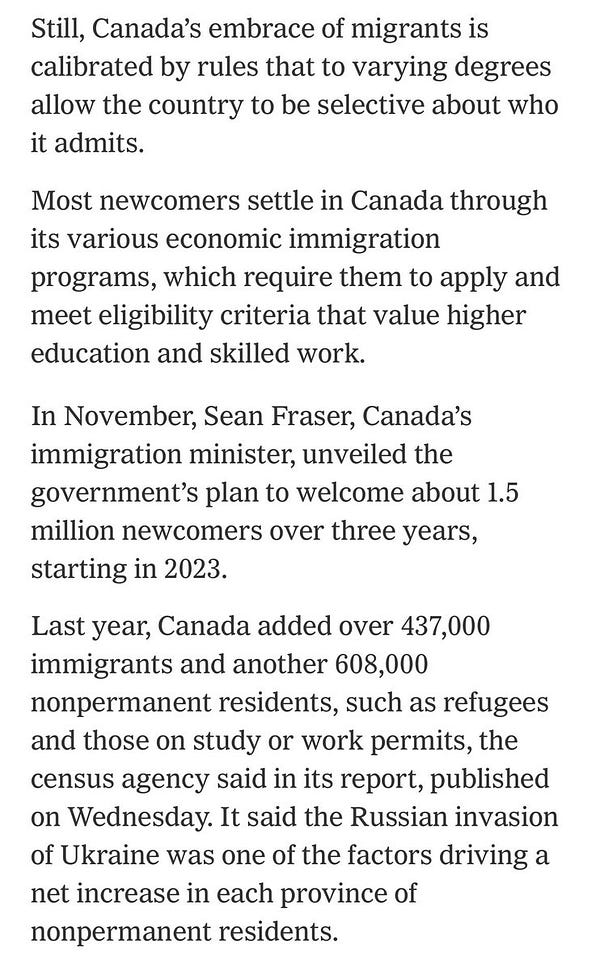Institute for Progress (IFP) — March 2023 Update
Hello!
Hope you are enjoying the beginning of spring wherever you are — we’re loving the cherry blossoms here in Washington, DC.
First, an announcement: With the support of the Agency Fund, Director of Science Policy Heidi Williams is helping to launch a new one-year dissertation fellowship hosted by the NBER. If you or someone you know might be interested, be sure to apply by April 27!

Now, here are your regularly scheduled IFP updates:
✍️ Published Work
Endless Frontier Fellow Aidan Mackenzie published a long Twitter thread about congestion pricing in NYC, which was then cited in multiple outlets:


Senior Infrastructure Fellow Brian Potter submitted a response to the DOE’s request for information on advanced market commitments, arguing that smart DOE investment can transform the field of long-duration energy storage
“As Operation Warp Speed demonstrated, demand commitment mechanisms can be transformative when applied to a clear, well-scoped, commercializable goal. Today, the same demand commitments can jumpstart a robust market for long-duration energy storage, which is essential to a clean energy transition.”


In a guest post, Gavin Leech and Misha Yagudin explained the current value and limits of forecasting, and how it can be useful to policymakers
“Existing research suggests that combining sources in decision-making can improve outcomes, and that forecasting can be an effective tool for improving government decision-making, even if it turns out to be only somewhat more accurate than experts.”


🎤 Interviews & Events
The dream finally becomes reality: An Econ Twitter IRL conference at Adam Ozimek’s bowling alley in Lancaster, PA (co-hosted by IFP and EIG)


Co-founder Caleb Watney and Director of Science Policy Heidi Williams spoke at the Experimentation in Federal Funding conference at the National Academies of Sciences, Engineering, and Medicine


Paul, Caleb, and Heidi launched a re-granting program on Experiment.com to seed research projects


📰 Media
Nikkei Asia mentioned IFP research in a story about the State Department’s decision to resume some domestic visa renewals
“The department had determined it was easier to collect biometric information at U.S. embassies and consulates, said the Institute for Progress, a Washington-based think tank. But a report by the institute says that domestic capacity for biometric collection has increased, and it calls for domestic reissuance, not only for petition-based visas like H and L but also for others including F (student) and J (exchange visitor) visas.”
In her syndicated column, Veronique de Rugy highlighted research from Co-founder Alec Stapp and Senior Immigration Fellow Jeremy Neufeld
“As Alec Stapp and Jeremy Neufeld explained a few years ago: ‘Despite making up just 14% of the population, immigrants are responsible for 30% of U.S. patents and 38% of U.S. Nobel Prizes in science. A team of Stanford economists recently estimated that nearly three quarters of all U.S. innovation since 1976 can be attributed to high-skilled immigration.’”
Alec was also referenced by The Hill in a piece on the national security threat of TikTok
“As Alec Stapp noted, during the Cold War, it would have been unthinkable to let the Soviet Union own CBS, NBC, or ABC.”
Noah Smith cites Alec’s tweet about the Canadian immigration system in a post about building cutting-edge chip fabs in North America




🏗️ Construction Physics by IFP Senior Infrastructure Fellow Brian Potter
👋 Tweet for the Road



